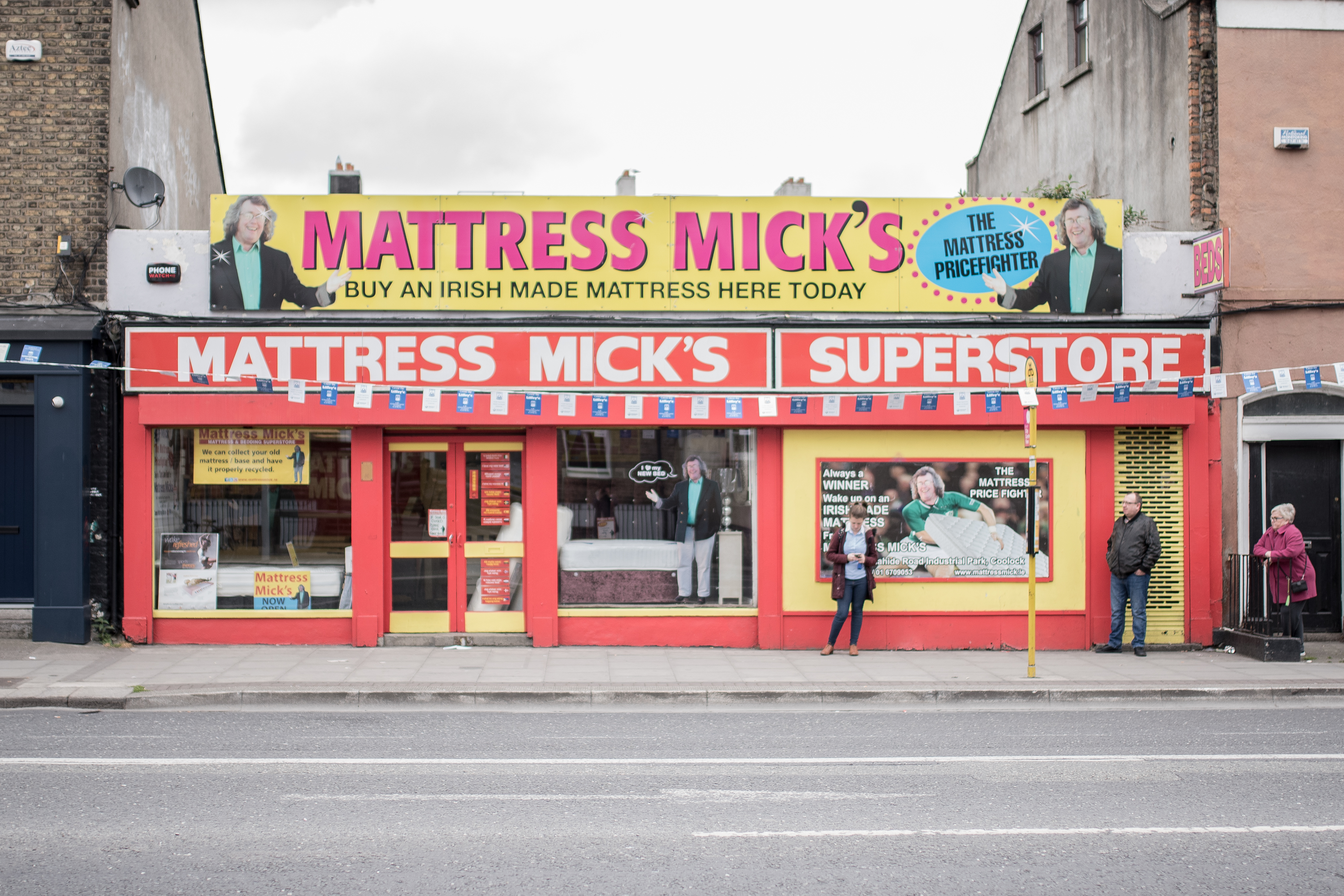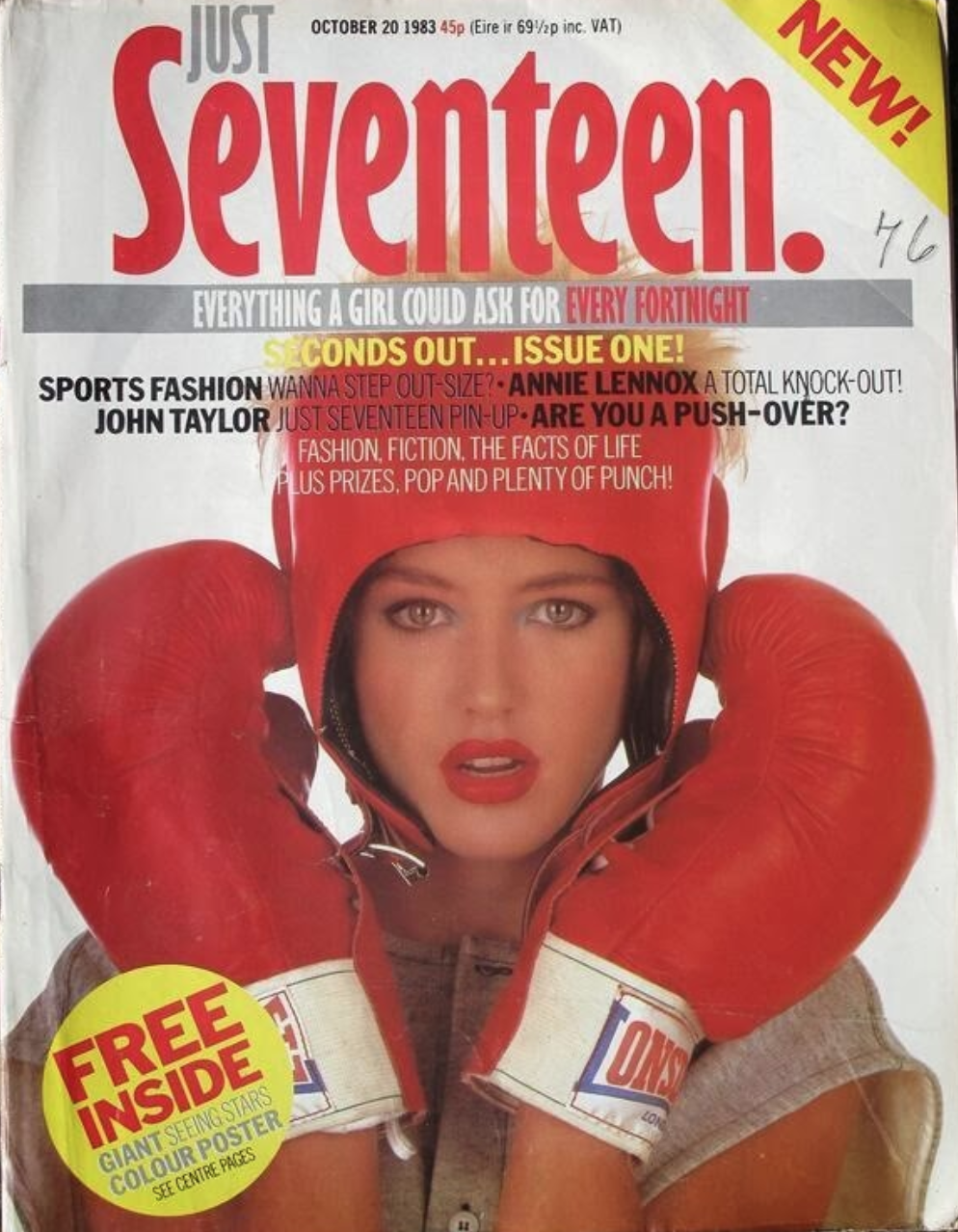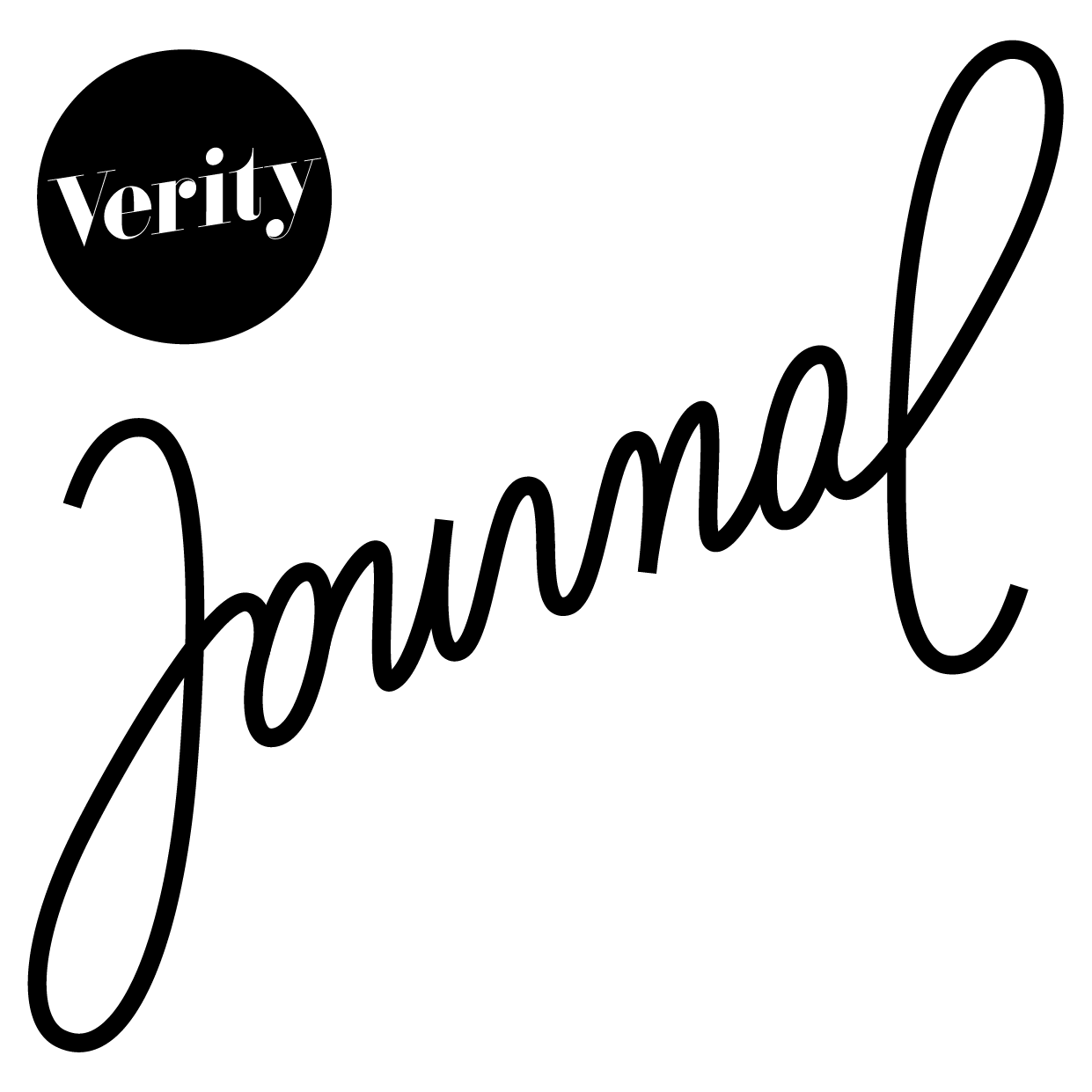Exceptional women: Una Mulallay

Photos of Dublin City by Guillaume Blot
UNA MULALLAY IS AN IRISH JOURNALIST, WRITER AND WORD ACTIVIST
(Extract from an exclusive Verity Interview)
What do magazines mean to you? I’m a print person, so magazines mean a lot. For some reason as a kid, I would only read newspapers and magazines spread out on the kitchen floor, and print publications still take up a lot of room (in many ways) in my life. As a child, I collected weekly and monthly magazines on dinosaurs, gemstones and minerals, butterflies, and then graduated to stealing my older sister’s copies of Just Seventeen and Cosmopolitan. As a teenager, I “worked” on a couple of zines a friend set up – dodgy political and music things that were stapled together and sold in record shops in Dublin. Around this time I discovered that zine culture was an actual thing, so got my hands on whatever ones I could. Mostly punk zines, anarchist zines, left-wing political zines, and the tail end of Riot Grrrl stuff. After that I was all about the NME, Melody Maker, Rock Sound, Hotpress, basically any music magazine I could find, then Dazed+Confused, i-D, The Face. The only magazine I subscribe to is The New Yorker, which I read cover to cover so am constantly behind on issues, which gives me anxiety, and also makes their articles on US politics pretty defunct because by the time I get around to reading one from a month ago, Trump has already re-imploded about a dozen times. Writing this, I’m realising that there has been a magazine for every period in my life. The form of magazine writing has always been my favourite; long, detailed, specific, informative. Obviously I read a lot of online stuff, like everyone else, but do you really read online? I feel like I’m only truly reading when the thing is in my hands.

How did you become a journalist? I studied journalism at Dublin City University. I didn’t really apply myself and wasn’t a great student, although I was writing for publications at the time, so focussed more on that. When I was 12, my sixth class teacher asked a bunch of us what we wanted to be when we grew up, and for some reason I said “journalist”. I don’t know why I said it. Maybe I was trying to impress her. I think I gravitated towards it because I’m interested in the world and in people’s stories. I like having the inside track. I have a lot of opinions, and am mouthy, and so maybe it’s the only job that pays you to articulate things you’re thinking about week in week out. Journalism for me holds a mirror up to society, but also questions it. Why are certain things the way they are? Why are certain people in charge? But ultimately, I love the craft of writing. I admire journalists who are real writers, not just those good at investigating or constructing a news story.
What subjects would you like to know more about and why? What would you like to write about more?
The world is full of extraordinary people. Everyone has a story. I like looking into the whites of people’s eyes and finding out why they do the things they do. I’m also fascinated by artists of all kinds. I get a weird enjoyment out of interviewing people, spending time with them and observing their artistic processes. So more of that, I guess. I write a lot about the impact of technology on identity and society, but the more we all know about that, the more depressing it is. I would like to write more about the American political climate and its impact on society as well.
In the Name of Love? The book you wrote about the history of the struggle for same sex marriage. What were the reactions to this work, how did you feel about it after the referendum, were you surprised?
Funnily enough, that book keeps being rediscovered by people. I occasionally get emails from the publisher directing me to new reviews of it, even though it is nearly three years old. I’m proud of the book because I think it offers a complex interpretation of that period in Irish society, and covers a lot of ground in terms of LGBT rights and the discourse surrounding the fight for marriage equality. After the referendum people kept asking me to write an updated version, but I think it exists on its own, with its own vague conclusion. It was also extraordinarily difficult to write, so I think revisiting it would be pretty tough!
We imagine you have interviewed and met many artists and young talents as a broadcaster and journalist, of all your encounters, who has inspired you the most?
Anyone who is the real deal – people who are true artists, truly creative, and down to earth in their willingness to allow you to understand where they’re coming from. I’m 34 now and have spent nearly 20 years interviewing people about their art, so there are too many to mention, but occasionally, someone will really get under my skin (in a good way). Perhaps rather selfishly, I like when I get something from the interview, when I’m inspired by a conversation or interaction. Interview- ing Joni Mitchell was a career highlight, Chris Kraus is a fascinating person, Eileen Myles, Nan Goldin. It’s a privilege to be in these people’s company.
How do you think Ireland has shaped you as a woman? Any outstanding memories growing up? Do you feel that as a woman in Ireland you have had equal opportunities your whole life? When did you first encounter sexism in Ireland?
Alain de Botton (of all people) recently tweeted something about emotional internal exile – not being able to identify with one’s country but staying there anyway. I think that sums up my relationship with Ireland. Increasingly, I myself spending chunks of the year outside the country to deal with living in it. I’m in Normandy right now for a month writing, and was in Berlin for a month before that. Like most people, I have a complex-verging-on-Stockholm-Syndrome relationship with where I’m from. I think it has shaped me in terms of the amount of things I’ve had to unpack from existing in a society that tries to undercut you at every opportunity; shedding Catholic indoctrination being a key factor of that. It’s a process. Sexism is ingrained in Ireland. Women are oppressed in our constitution, the home, the street, the office, the State. What it has given me, I suppose, is a worldview rooted in challenging those inequalities.
What are the differences you have noticed culturally, for women, and how it feels to be a women in different countries to Ireland. In France, the passing of Simone Veil made France remember the impact that this woman had on French culture and women’s rights. However France is a country of paradox, despite such rights, women are generally looked down upon and do not receive fair treatment in many areas. But it is so ingrained in their culture, that it appears it has harder to pinpoint and challenge than in other countries where it is more blatant, and basic rights are denied. How do feel about this?
I’m not sure. We all live under patriarchy, and that crosses borders and morphs in various ways specific to the jurisdiction. Ireland at best has a very patronising attitude towards women, and at worst denies us the basic autonomy most western countries take for granted.
What does womanhood or notions of genre mean to you personally?
Big question! Being a woman means I understand in some ways how fucked up the world is. But being a white woman means I have massive privilege.
Can you explain to us, why you are especially sensitive to issues of equality in your work and life’s calling?
I think I’ve always felt that equality should be the baseline for everything. Seeing cruelty or injustice has always deeply impacted me. I don’t know why this is. Empathy?
How do you feel about France and French culture as an Irish woman?
It’s funny that I’m writing this in France. I also spent a month writing in Paris last year. I don’t know enough about the country or its culture to comment properly, even though I’ve visited France so many times, and spent decent periods of time here. ere is a pride in intellectualism that I respect. I also think that the protection of workers rights, and the willingness to rise up to defend them is hugely admirable. I like the pace of life here, and the reluctance to bend towards Americanisation, which Ireland has embraced so much. Irish people will talk around in circles which is interpreted as friendliness, so I enjoy how French people don’t seem to indulge in superficial niceties as much. Things just are how they are, although I appreciate such rigidness is probably frustrating. There seems to be much more pronounced catcalling, and random guys hitting on you in the most inappropriate of situations (a man asked me to have sex with him while I was standing at Samuel Beckett’s grave last year, ha!) is disconcerting. Of course, that happens everywhere, but I’ve experienced some very unsettling things in Paris – guys trying to follow me home and that kind of thing. Feeling unsafe really pisses me off.

READ THE COMPLETE interview IN VERITY MAGAZINE Issue 2 (The Special France-Ireland Edition)


